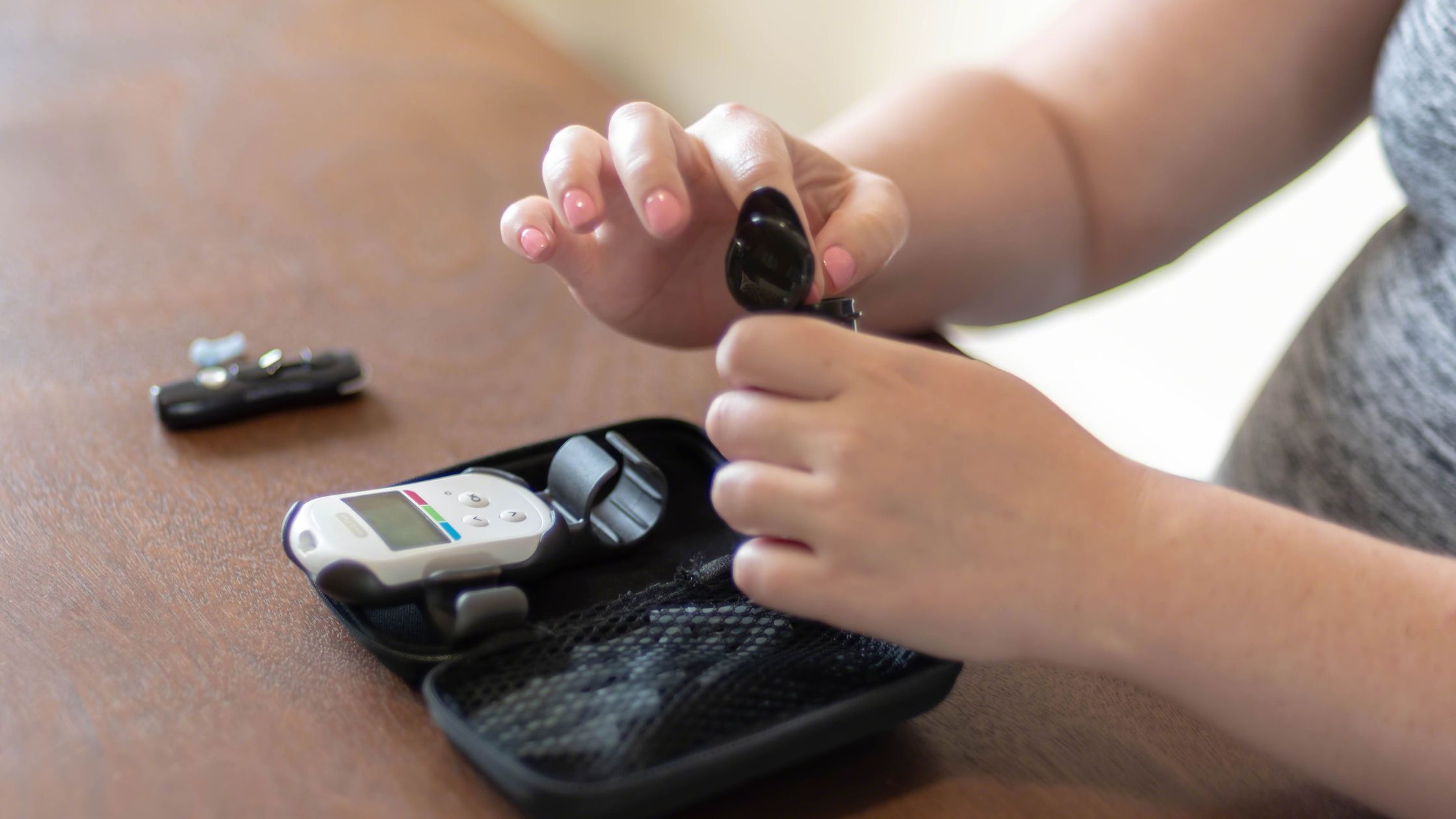A BBC programme by Victoria Derbyshire has highlighted the risks of the vaginal mesh implant. The procedure is often offered to women who suffer from symptoms of pelvic organ prolapse or incontinence, commonly occurring after childbirth, the menopause, or a hysterectomy. The procedure is relatively quick and straight forward and patients are usually discharged on the same day. In the UK, around 1500 of these procedures are carried out each year.
The mesh is designed to become embedded into the tissue and so becomes increasingly difficult to remove as the cells grow around it. Therefore, the procedure to remove the mesh is far more complicated than the procedure to insert it. Removal of the mesh requires a specialist surgeon and a lightly operation. Studies have identified that around 1 in 15 women who have had the procedure have had the same removed however, Sohier Elneil, a consultant urogynaecological surgeon at University College Hospital, London, who has carried out hundreds of removal procedures, described the removal rate as a "scandal", adding that these patients were likely to represent those with more serious complications.
A large number of women have suffered life-changing complications and side effects as a result of the implantation of the mesh or tape. Many women have reported that the mesh has cut through the vaginal walls causing constant pain and discomfort, mesh coming away from the tissue lining and protruding through the vaginal opening as well an injury to surrounding organs and nerves. Other complications include pain during and after sex as well as cases where the mesh has sliced the man's penis during sex. The complications have left many women with psychological damage, unable to work, unable to walk, and has affected personal relationships.
The mesh itself is made from polypropylene, a plastic often used to make drinks bottles and packaging. Unsubstantiated studies have also questioned the carcinogenic nature of the materials used and the associated risks.
Many of the women who have had complications as a result of the mesh implant allege that their surgeons had not advised them of the potential risks which may arise post-implantation. A large number also report that they were not advised of the alternatives to the mesh implant, which can be effective in treating the symptoms of prolapse or incontinence.
The Medicines and Healthcare Products Regulatory Agency (MHRA) who are responsible for approving the materials used, have also been criticised for their role in the mesh implant controversy. Expert, Prof Carl Heneghan has advised that manufacturers have to provide little evidence before their product is clinically approved and made available on the NHS. He has been quoted as saying "The regulatory body... doesn't even look at the device,". Professor Heneghan also said that all the manufacturers have to provide are documents that show their vaginal mesh implant is similar to one already on the market and it is highly likely to be approved. The Agency, who are funded by the Department of Health, have also been criticised for their refusal to disclose documents relating to discussions with the NHS England regarding the complications with the mesh implants.
Over 100,000 people are suing in America, where the device is classed as "high-risk". The US Food and Drug Administration (FDA) issued a public health notificationin 2008 insisting the device injured up to 40 per cent of women who had the procedure. In 2014, the former Scottish Health Minister, Alex Neil, requested the NHS suspend the use of mesh in Scotland pending safety investigations.
The main manufacturers of the mesh implant used in the UK is thought to be Johnson & Johnson who have recently had proceedings brought against them by over 700 women in Australia. Leading professionals have advised that the sums of compensation they may have to pay could be in the billions. A leaked email from Johnson and Johnson suggests that it had known about the problems with the mesh for since 2004, although they dispute the context of the email.






























